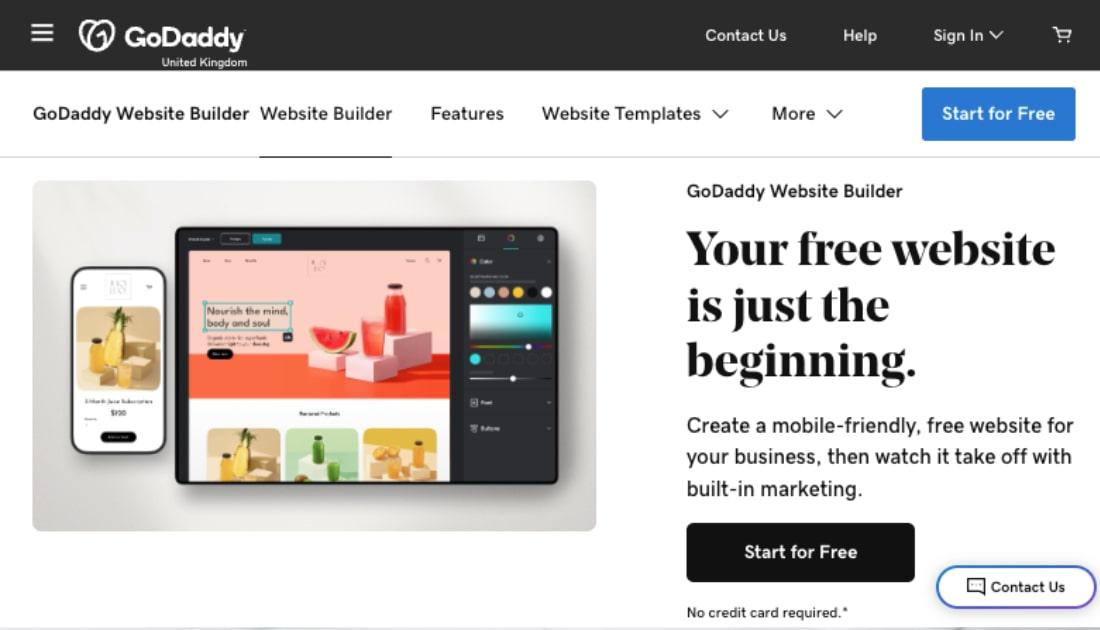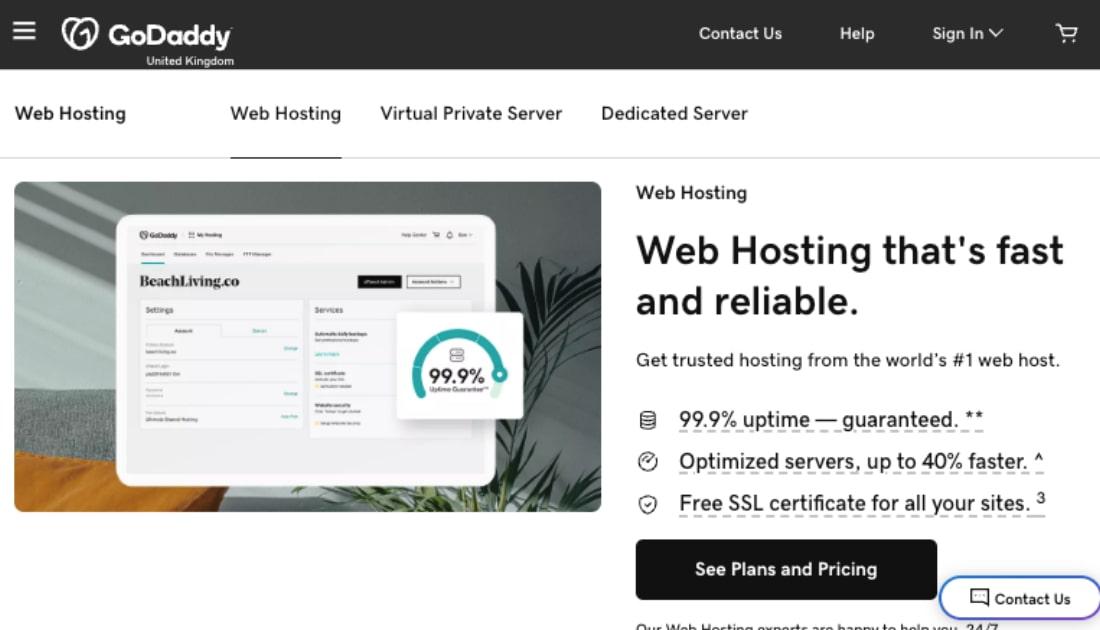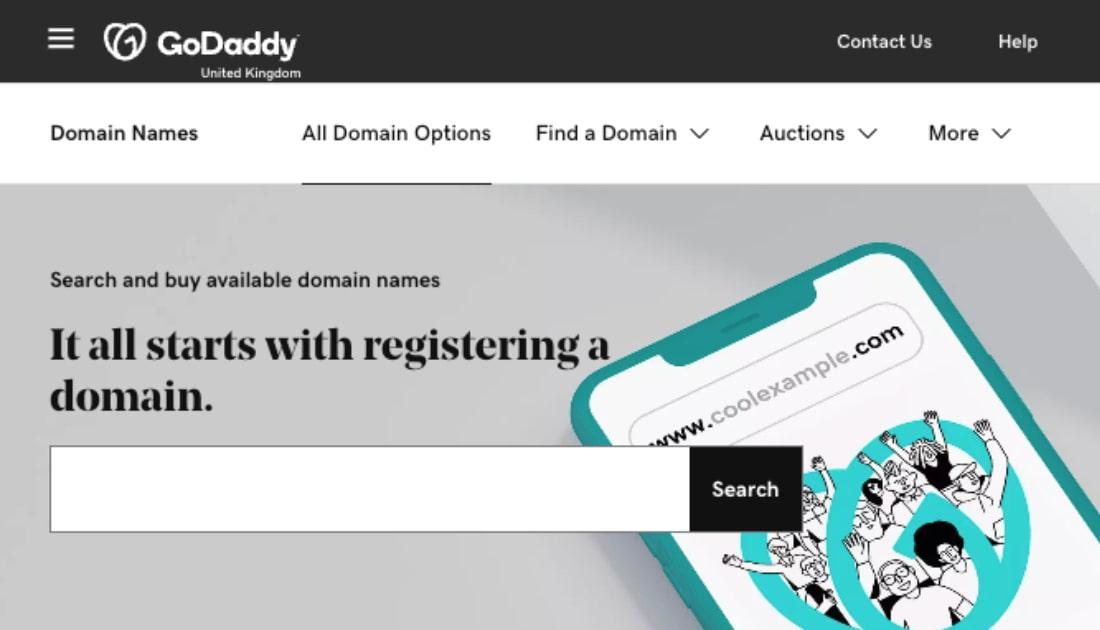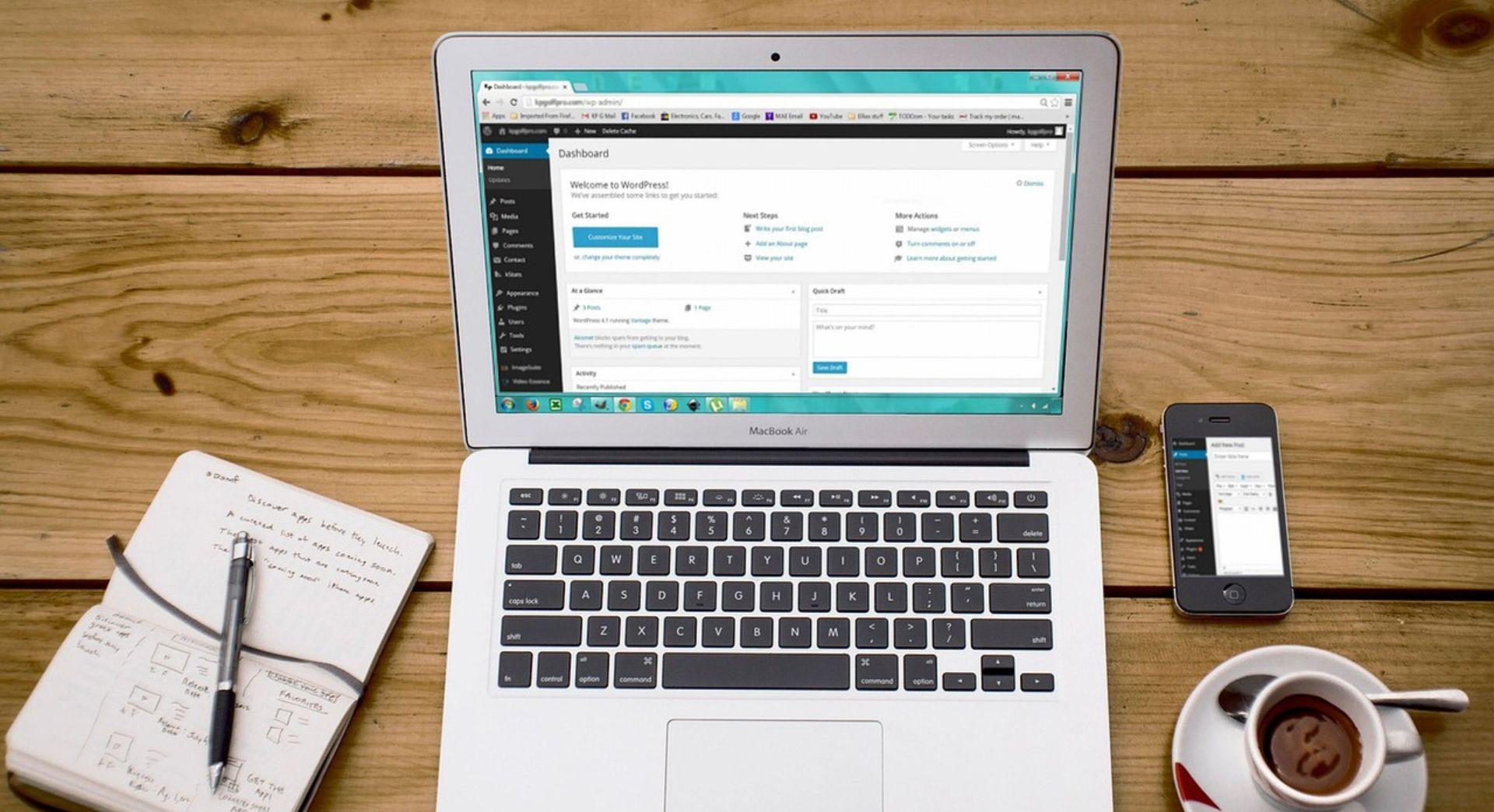You’re thinking on how to start a business in the UK, and there’s a lot to consider:
- Can you afford it?
- Will the business sustain you?
- If this is a side hustle, how will you juggle it alongside your life commitments — maybe even a full-time job?
- Exactly how much does it cost to start a business?
No doubt it is a lot, but the more you think, the more reasons you’ll find not to follow your dreams. That’s the last thing I want for you.
So, instead of overthinking, read through this comprehensive guide that includes a breakdown of startup costs, plus tips to manage those costs at every step.
Related: How to start a business from scratch
- Fixed costs to start a business
- Variable costs to start a business in 2024
- How to fund your startup or small business
- Create a budget for your first year
- Businesses you can start with a small budget
Fixed costs to start a business in 2024
The fixed costs of your startup will depend on the type of business. As a freelancer selling a service or skill like writing, you can start up a business for £0, assuming you already own a PC and have access to Wi-Fi.
Businesses that entail more complex operations, products or digital assets cost more.
The cost of your business will be unique, but you can use the guides below to determine how much it will cost to start your dream business in 2024.
Another cost to keep in mind is the cost to register your business, which depends on the type of business you need as well.
Domain, website or online store
The majority of startups need a website either to trade and receive enquiries online or for a presence in Google search and Google maps for local search.
That said, if you’re starting a service-based business you may be able to drum up business without a website by using social media platforms like LinkedIn. For details on this approach, read How to build a professional identity for a business without a website.

To save the cost of a website, ecommerce store entrepreneurs can create shops on Etsy and pay minimal fees to upload products. Then, it’s just a commission on sales. Alternatively, you can start affiliate marketing on TikTok which costs nothing to set up.
While free alternatives are great, at some point your business will likely grow to a point where you want a more robust online presence. And ecommerce merchants should be prepared to build their own online stores.
Entrepreneurs who need a website should start by registering a domain name. This will be used for your website address and professional email.
In general, domains cost between £1 to £20, depending on the deal you are getting and the number of years you decide to register the domain for.
Why not see if the domain name you want is available now?
Tips for managing the cost of domains:
You can cut costs by exploring cheaper domain suffixes, also called extensions. In some cases, .com domains may be more expensive than domain names ending in .co.uk, .site or .co, for example.
There’s even .london — perfect for businesses located there.
You have a lot of options, so spend some time exploring suffixes and pricing. Browse full list here.
A website host is required to get your site or online store on the internet and in front of customers. For this, you’ll need to get a web hosting plan or a website builder that comes with hosting.
Tips for managing the cost of hosting:
Pay annually or for years in advance to save money. Note that many website builders like GoDaddy's include the cost of hosting (so hosting is free with a basic website).
Related: What is web hosting – complete guide for beginners
Website design and development
For those who need to create a website, you can use drag-and-drop editors.
This is perfect if you really want to cut costs.

If you’re not planning to sell a catalogue of products online, you can build a website with GoDaddy for free.
Don’t have the time or interest in creating a website yourself? Don’t fret because there are affordable website design services that can deliver a website you (and your customers) will love.
Tips for managing the cost of website design and build:
If the thought of designing and developing a website is overwhelming, but you want to save costs, commit a couple of hours to creating a website with GoDaddy. It’s easy and you might surprise yourself.
While you’re at it, consider creating a logo to display on your web pages and other materials. Tools like GoDaddy Logo Maker are free and help you quickly nail this key piece of branding.
Legal costs to register a business
Legal costs vary hugely between types of business and the required legal cover.
If you’ve decided to set up as Sole Trader, there are no upfront costs to establishing your business.

If you’re going down the Limited Company route, you’ll have to pay a one-off fee of £40 to register your company.
Depending on the industry you’re in, you might also need to look at insurances like public liability insurance etc and these come with extra costs.
Tips for managing legal costs:
Consider the essentials. As a new business owner, it can be tempting to cover your business from every angle, but this may not be required at the very beginning. Consider what’s a must-have to start up, then take note of what you can purchase later and when it’s needed.
Marketing
Marketing is one of the most flexible costs when starting a business, as you can start with the basics and grow from there.
GoDaddy Studio is a great tool for start-up owners. With it you can design your own logos, posters, eye-catching social media posts and more — and you can start for free.
The good thing about marketing is that you can do a lot alone. If you’re happy to manage social media platforms to drum up business, you can do well without spending a penny. It is time-consuming so that time investment must be considered.
If you’re thinking about marketing your business with ads, then you need to consider the cost of ads versus the benefit. Generally, it’s not useful to start with a budget that's too small simply because you won’t get the data you need to decipher a good ads campaign from a bad one. Don’t start an ads campaign until you’re ready to commit.

Tips for managing marketing costs:
Choose your marketing channels carefully and do your research to find out which one is likely to have the biggest impact. It’s better to cover fewer channels well than many channels poorly. After all, you can always scale once you’ve nailed one platform.
Variable costs to start a business in 2024
Some prices are incredibly variable depending on location and the needs of the business. These items are listed below.
Physical location
The beauty of starting a business in 2024 is that many businesses won’t need a physical location, but if you’re opening a brick-and-mortar store or plan to work in an office you’ll need to think about rent or mortgages.
Products or inventory

If you need to buy and hold stock, you’ll need to outlay an initial investment upfront. The cost will vary on the units required. You can manage these costs by thinking carefully about what you’re likely to sell. Another consideration is what you can sell if you buy stock in bulk.
Tips for managing product and inventory costs:
Ask suppliers about their minimum order quantity (MOQ) and how costs vary on quantity. Also, consider drop shipping so you don’t have to outlay any costs at all.
Staff
Staff costs depend on seniority and location. At the very least, you’ll need to pay your staff minimum wage, which is £10.42 an hour for staff over 23 years of age.
Tips for managing staffing costs:
Businesses trading online can outsource work to talented new freelancers or over-pay freelancers in different parts of the world. You can also take on more work yourself or turn to software and AI to support your business.
Taxes
Beyond the initial registration, startups need to consider tax. The rules surrounding tax vary so you must check the rules within the country in which your business is registered.
Paying your taxes usually means putting a percentage of your income aside to cover the costs, monitoring and recording your expenses to account correctly for tax write-offs or hiring an accountant to manage taxes for you.
Tips for managing tax costs:
The more self-efficient you are, the less you need to pay an accountant. Many small businesses can manage the early tax returns alone, but a growing business will likely need an accountant eventually. Manage the costs by putting money aside regularly.
Ongoing expenses
As a small business, you’re likely to have ongoing expenses. You may not start with them but over time you’ll likely invest in subscriptions or software. Or, you might have shipping to consider for e-commerce. Costs will vary based on your requirements.

Tips for managing ongoing expenses:
On-going expenses can creep up on business owners so be mindful of monthly subscriptions and the well-intentioned software you purchased. If you’re not using it, you’re throwing away money.
Unexpected costs
No matter what, any business is likely to be hit with an unexpected cost, eventually. Prepare for the unexpected by holding a budget to get you out of an emergency situation. Unexpected costs could include your sickness, the need to hire a consultant to solve a problem fast or if you’re in a brick-and-mortar store something could go wrong within the building.
How to fund your startup or small business
Getting funding for your new business is likely on your mind. Here are some common ways to earn funding for your start-up.
Personal investment
Funding your business on your own can be a safe option. It removes the stress of meeting investor expectations, and it can feel really good to know you built your new business with your own means.
Personal investment may require you to save for a few years before you get started, but freedom from other stakeholders can be highly desirable in the early stages.
Borrowing money through contacts
You can opt to borrow money from your personal contacts, friends and family, for example. If you choose to go down this route, it’s really important to treat it as you would as a formal investment: draw up contracts, separate personal and businesses conversations. Be very clear on what the contract is.
Loans

Securing loans from banks is an option for funding. Generally, banks provide calculators on their websites so you can gage what you might be able to borrow. Be aware that it isn’t easy to get accepted for a bank loan, 60% of startups fail so banks are naturally careful who they lend money to.
The UK Government also offers a Start Up Loan scheme, loaning businesses grants of between £500 and £25,000 over a period of up to five years.
Create a budget for your first year
Let’s take a look at various cost summaries for businesses with varying needs.
Freelance business
A freelance service-based business is one of the cheapest businesses to start. Startup costs might look a bit like this:
| Expense | Cost | Notes |
| Laptop | £0 | Freelancers can start with any laptop that they have access to. |
| Internet | £0 | Work from home and freelancers don’t need to worry about additional costs for wi-fi. |
| Social media | £0 | Organic posts don’t cost anything and can generate leads and clients. |
| Total: | £0 |
Service-based business
Those starting a service-based business and desire a more professional appeal can kick off a new business venture with a website.
Here’s what the cost summary can look like:
| Expense | Cost
| Notes | |
| Domain name
| £1.79* | Use an extension like .site to reach that £1.79 cost | |
| Create a website | £0 | Get creative and build your own site with GoDaddy. | |
| Website design services | £350 and up | Alternatively, have someone build it for you | |
| Web hosting | From £223/3 years* | Host your website for 3 years to pay less per annum. | |
| Total: | £1.79 for DIY £398+ for help (first year) |
Marketing costs for the first year
To keep costs down, many new business owners do their own marketing to begin with. If you choose to work with GoDaddy, your digital marketing services — website, hosting, social media, email marketing and more — can be covered for as little as £6.99/month.
Related: Preparing a marketing plan for a small business
Businesses you can start with a small budget
The digital world has opened a world of opportunity when it comes to starting a business for free or with a small budget.
Assuming you’ve got a PC, wi-fi and a desire to work or use social media to generate leads, you can start any of the following small business ideas, for free:
- Freelancing in digital services like writing, SEO, PPC (pay per click), social media management or email marketing

- Freelancing on platforms like Upwork or Fiverr
- Affiliate marketing through social media platforms like TikTok. You will need to gain 1,000 followers before you can start this one
- Consulting in a skill you already have (or can learn for free online)
Local services you can start with little to no start-up costs:
- Dog walking
- Babysitting
- Homesitting
- Handyman
- Tutoring
Some businesses require a small budget to start, for example:
- Selling digital downloads on Etsy. You’ll pay a small fee to upload products, but then nothing until you make your first sale when you pay a percentage to Etsy
- Drop shipping
- Selling on eBay
- Print (assuming you’re doing the printing)
Related: 25 ideas for online businesses that work
Closing thoughts on starting a business in 2024
There are a lot of resources and technology that can boost the success of your business.
For example, learning how to write up a business plan (with help from tools like ChatGPT) can easily jump-start your business path in the right direction.
And while there might be expenses associated with starting a business, don’t forget the financial rewards that come with a successful venture. Keep that momentum going and make 2024 the year you founded a business to be proud of.
*Pricing data valid as of November 2023. All prices listed are subject to change.









